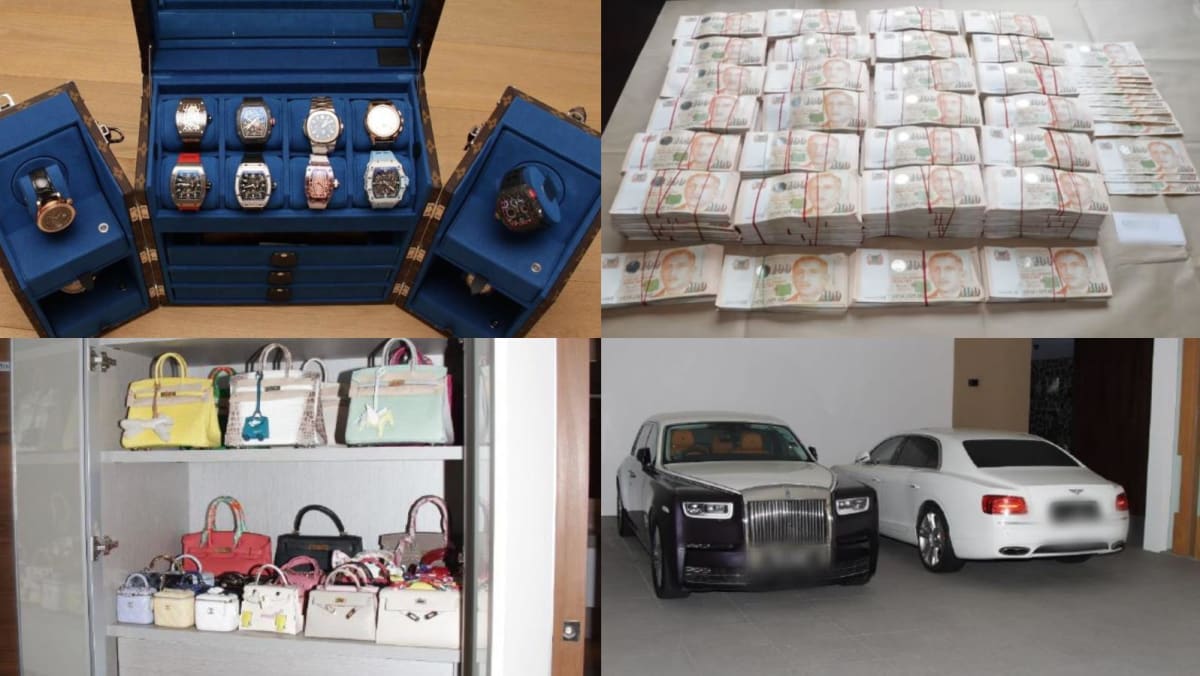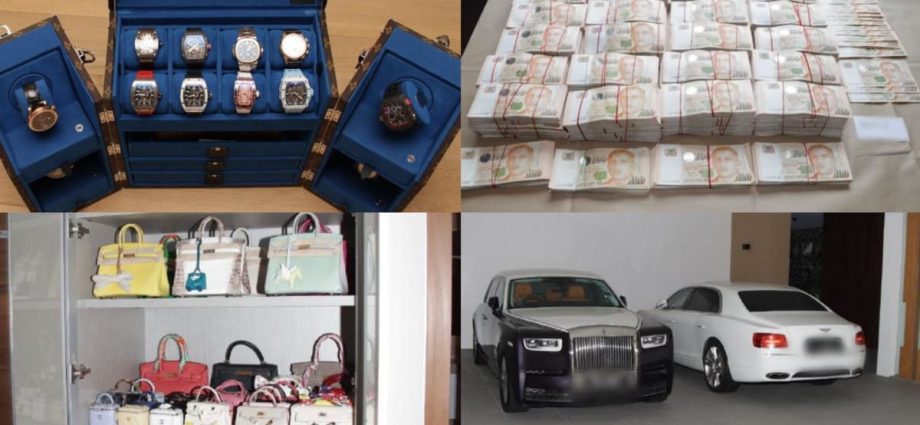
MAS is also proposing additional measures to strengthen surveillance against money laundering risks in the fast-growing single family office sector.
Meanwhile, the Urban Redevelopment Authority rolled out new rules in end-June. Among the new measures, the authority requires developers to conduct due diligence checks on home buyers based on their risk profiles. They also have to be checked against lists of terrorists, terrorist entities and designated individuals.
Mr Athreya H D, financial services partner at audit and advisory firm Mazars, said that given how crimes are constantly evolving, the Singapore government has been working to ensure that adequate controls are in place and its policies are updated.
“So while money laundering is picking up, so is the government trying to stay abreast of the evolving regulatory requirements to be one step ahead,” he told CNA.
But more can be done, he said.
Mr Athreya noted the public-private partnerships like the COSMIC platform, and said that more stringent rules can be extended beyond the financial industry to other sectors, such as high-end retailers.
“Generally, high cash-value transactions in luxury goods are a common way people try to launder money because these transactions involve cash and also don’t involve a lot of due diligence checks,” said Mr Athreya.
Retailers of luxury goods can be required to step up their due diligence by implementing certain limits when high-value transactions are carried out in cash. Retailers can also be asked to note down the details of these customers.
“(These details) can eventually feed back into a database to identify customers and … patterns in financial crimes,” Mr Athreya said.
For the real estate sector, the introduction of fresh regulations suggests that authorities are working to close the gap, he said.
Further stringent checks, such as determining a customer’s source of funds and verifying the “real beneficiary” of the transaction, should be enforced before a transaction is carried out, said Mr Athreya.
WHAT ARE THE PENALTIES?
Those convicted of money laundering can be jailed for up to 10 years, fined up to S$500,000, or both.
On items that are seized, experts said these would initially be kept as evidence.
At the end of a criminal prosecution, the court will determine whether the goods seized will be forfeited to the state, returned to the people from whom they were seized, or returned to specific victims if they can be traced, said Mr Wee.

